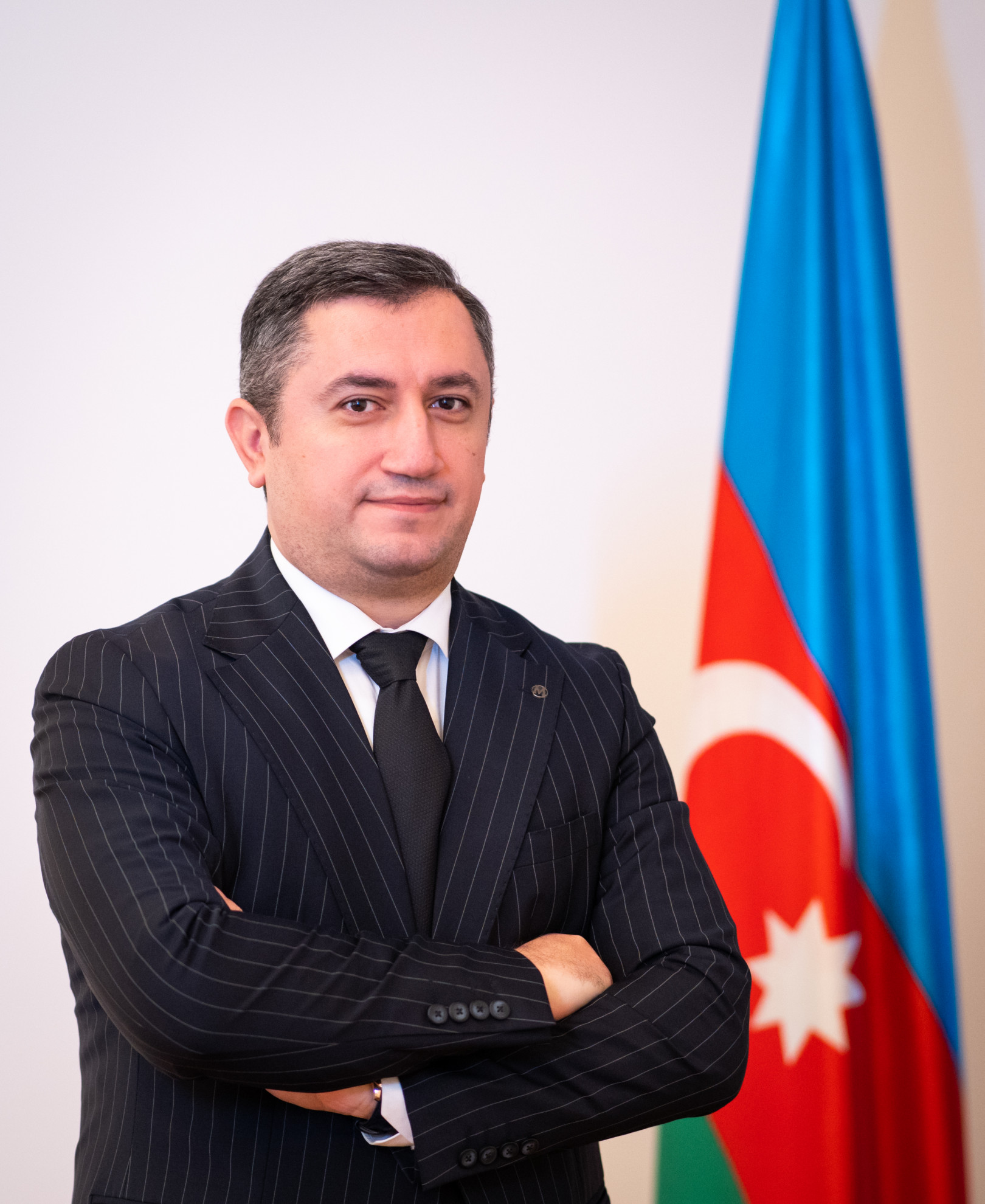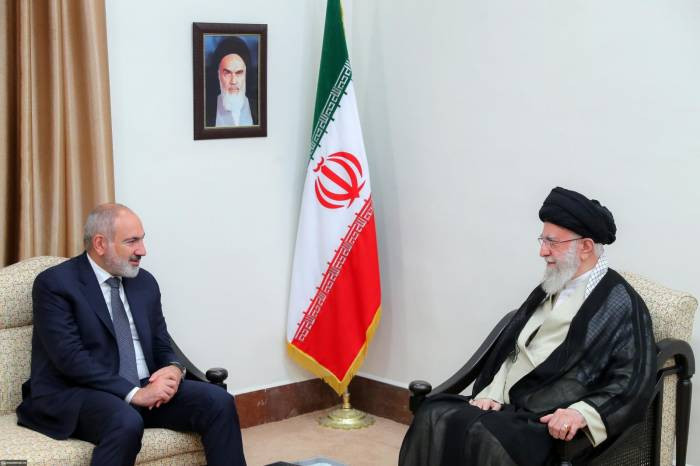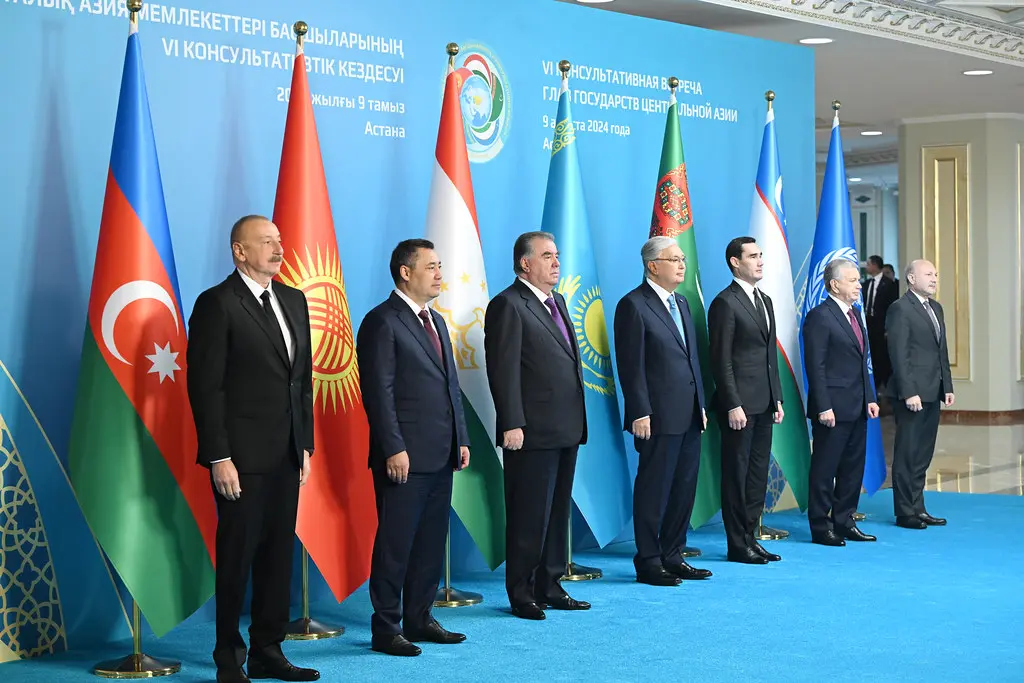The horde of experts in recent years has spoken volumes about the Armenian pivot towards the West. However, not only do Armenia’s traditional links with Russia remain solid, especially in the economic domain, but also the recent visit of Armenian Prime Minister Nikol Pashinyan to Iran has once again highlighted the limits of the country’s foreign policy agenda.
On the one hand, Pashinyan is making consistent efforts to align with the West, establishing strategic partnerships with the United States and the European Union, procuring lethal weapons from France, conducting military exercises with the US, and hosting an EU monitoring mission. Notably, these joint military exercises with the US have drawn significant discontent from both Russia and Iran.
However, at the same time, Pashinyan's attempts to strengthen ties with Iran, a staunch opponent of Western influence in the region, reflect not only traditional Armenian alignment, but also the duality of its foreign policy. Given that Armenia remains a military and political ally of Russia, the geopolitical landscape surrounding the country becomes even more complex. Pashinyan's oscillation among the North-South-West vectors can be seen as a glaring example of Armenia's contradictory foreign policy.
Previously, Armenia provided much-needed support to the Iranian banking system to avoid Western sanctions, and nowadays, Irevan serves as a transit point for Western-sanctioned goods which are delivered through Armenia to Russia.
During Pashinyan's visit to Tehran, Iran's top leader severely criticized the Zangezur corridor – a project backed by the United States, albeit with different conditions than initially proposed by Azerbaijan and seconded by Turkiye. The Iranian criticism also concerns the so-called "Crossroad of Peace,” Nikol Pashinyan’s flagship project to turn his country into a transport hub. This marked a clear diplomatic failure for Pashinyan. It appears that official Tehran is not particularly warm towards or accepting of Pashinyan's contradictory geopolitical maneuvers. This is not surprising, as Tehran is well aware that Pashinyan's policy of deepening relations with the West strengthens Western geostrategic positions in the region, posing serious geopolitical threats to Iran. Ultimately, Iran's refusal to engage in these projects highlighted Armenia's ineffectiveness on regional matters.
Armenia's attempts to curry favor with both sides only deepen the inconsistency and uncertainty in Nikol Pashinyan's foreign policy. By trying to accommodate both the West and the East, Pashinyan makes various promises, but this only further reveals his and the country’s limitations.
https://news.az/news/-armenia-remains-within-its-geography-nikol-pashinyan-s-recent-visit-to-iran








